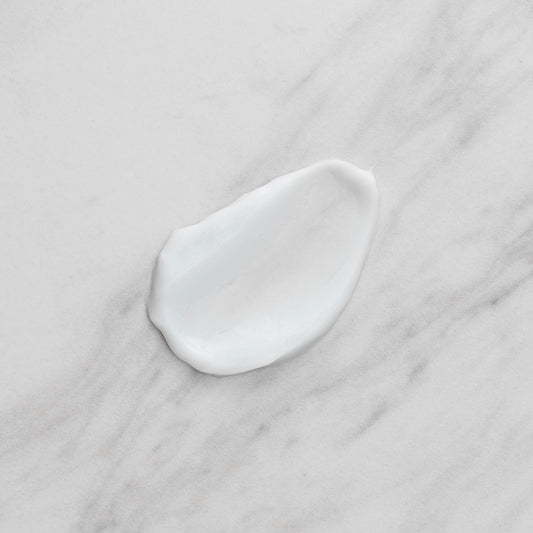
Share
Top 5 Ingredients to Avoid for Sensitive Skin
Navigating skincare can be tricky for those with sensitive skin, as certain ingredients that work for others can trigger irritation, redness, or even flare-ups. Knowing what to avoid is key to maintaining a calm, balanced complexion.
By steering clear of common irritants, you can better protect your skin’s natural barrier and keep it feeling soothed. Here are five ingredients to watch out for and why they might not be suitable for sensitive skin.
1. Fragrance
Fragrances in skincare products, whether natural or synthetic, are a frequent cause of irritation. For sensitive skin, even trace amounts can lead to discomfort, itching, or allergic dermatitis. Products labeled "unscented" might still contain masking fragrances to cover up other smells. With contact dermatitis affecting about 20% of people with skin sensitivities due to fragrance, opting for truly fragrance-free products is a must to avoid potential reactions.
2. Alcohol
Skincare products often use alcohol for a fast-drying effect, but it can disrupt the skin’s natural oils and moisture barrier, leading to dryness, flakiness, and a stinging sensation. Sensitive skin types are especially vulnerable; using alcohol-based products can increase skin dehydration by up to 35%, making the barrier weaker against environmental stressors . To keem and balanced, switch to alcohol-free formulations with hydrating agents like glycerin.
3. Sulfates
Sulfates, found in many cleansing products, produce a foamy lather that helps to lift dirt and oil. However, for sensitive skin, this stripping effect can be too harsh, often leading to a tight or dry sensation after washing. Sulfates like sodium lauryl sulfate (SLS) have been shown to worsen conditions such as dermatitis and increase the likelihood of irritation by compromising the skin's lipid barrier . Choosing sulfatansers helps maintain the skin's moisture balance without sacrificing a thorough cleanse.
4. Essential Oils
Although essential oils are popular for their natural properties, some—like peppermint, eucalyptus, and citrus—can be overly potent for sensitive skin. Their volatile compounds can easily penetrate the skin barrier, leading to inflammation or redness. Up to 5% of people with sensitive skin report adverse reactions to products containing essential oils, making them a common trigger despite their natural origins . For more peace of mind, voiding these oils or opting for products where they are present in very low concentrations.
5. Chemical Sunscreens
While chemical sunscreens offer UV protection through ingredients like oxybenzone and avobenzone, they can also provoke irritation for sensitive skin types. These ingredients absorb UV rays and can penetrate the skin, sometimes leading to itching or redness. Studies have found that users with sensitive skin experience higher rates of irritation—up to 15% more—when using chemical sunscreens compared to mineral alternatives . Switching to mineral-based zinc oxide or titanium dioxide, which sit on top of the skin and reflect UV rays, can help avoid this problem.
Conclusion: Keeping Your Skin Calm
Sensitive skin can react unpredictably to certain ingredients, making it important to pay close attention to product labels. By avoiding fragrance, alcohol, sulfates, essential oils, and chemical sunscreens, you’ll be better equipped to protect your skin and maintain its natural equilibrium. Prioritizing products formulated specifically for sensitive skin ensures fewer irritants and more soothing, gentle care.




